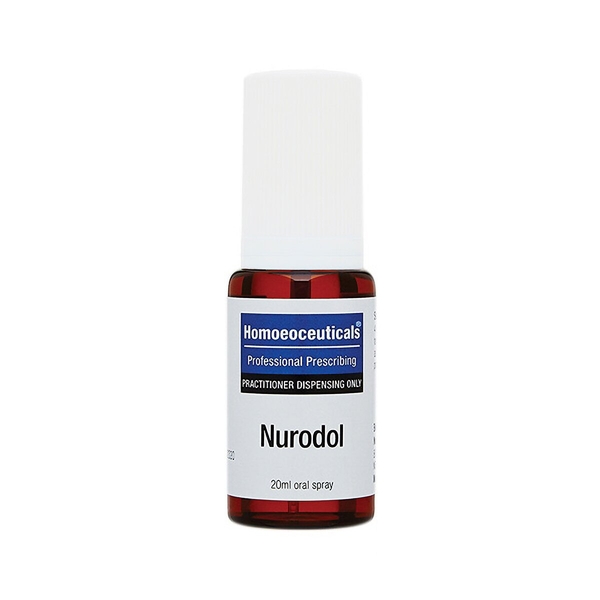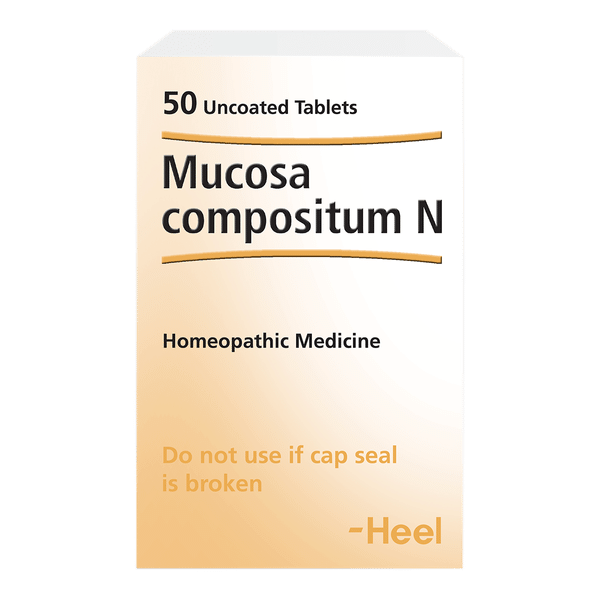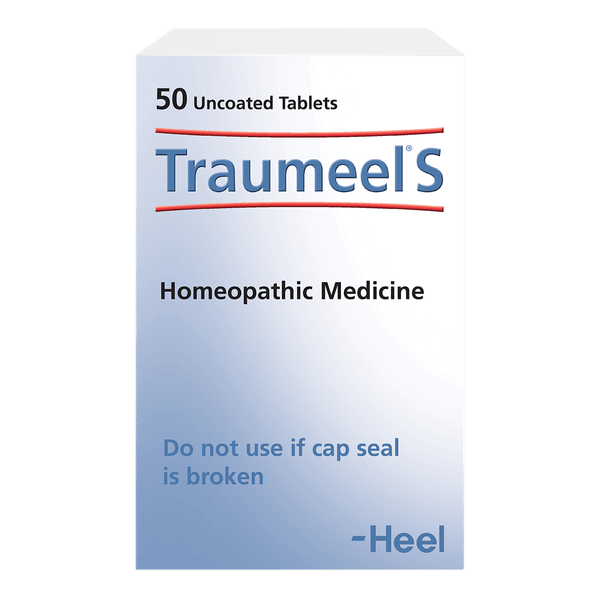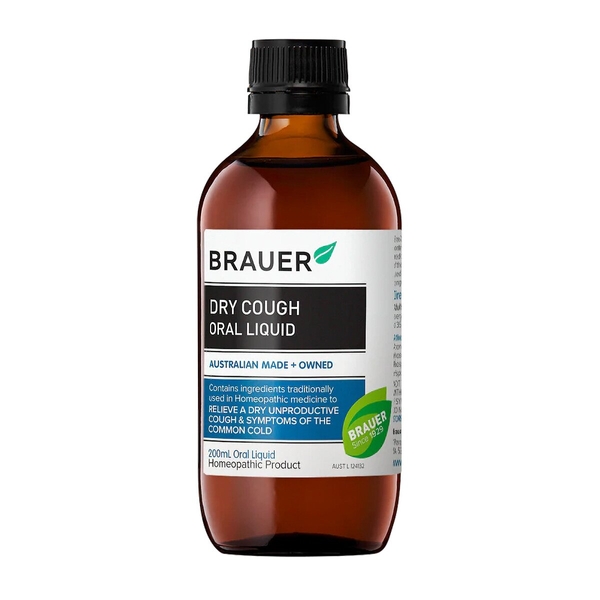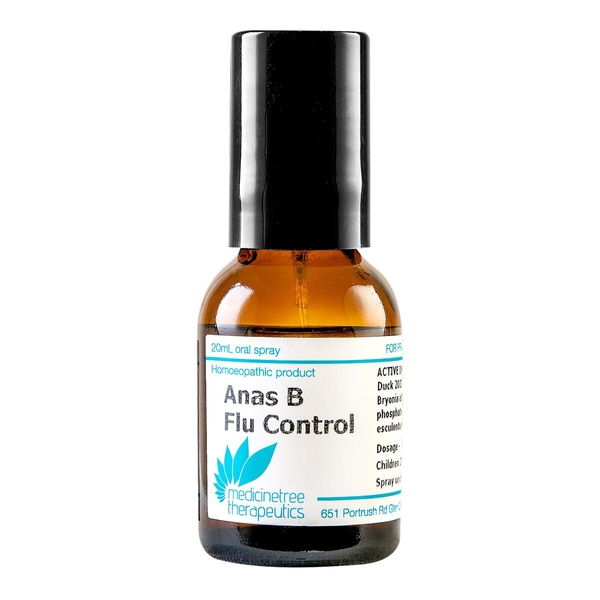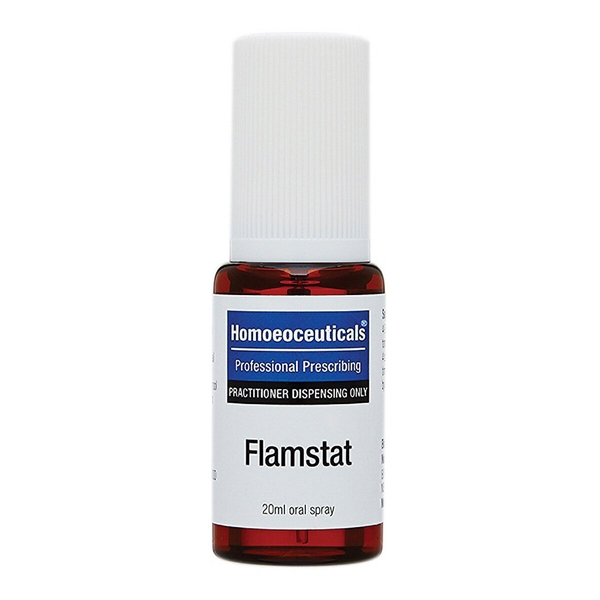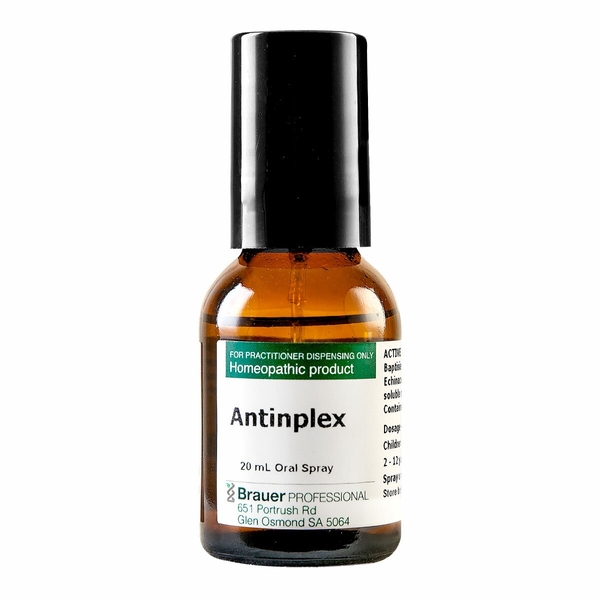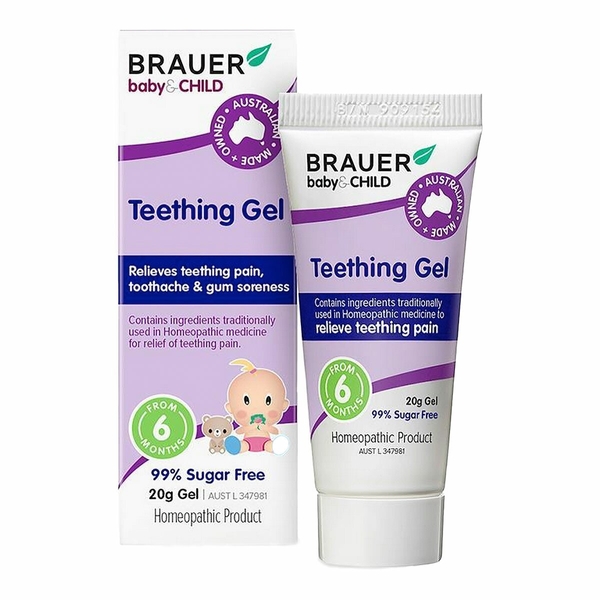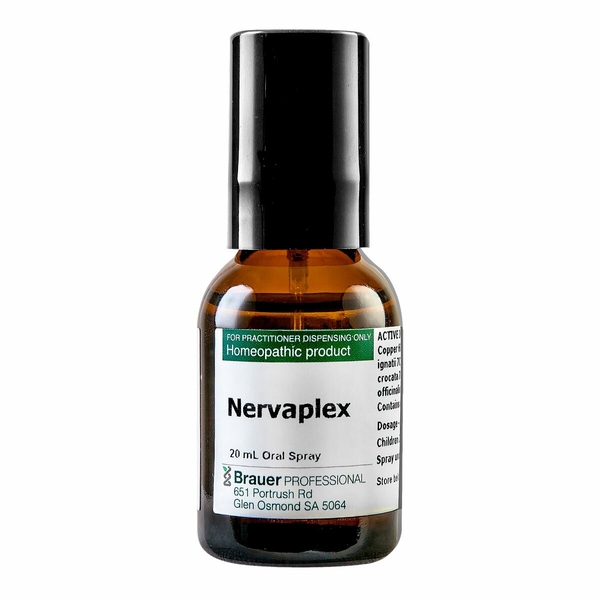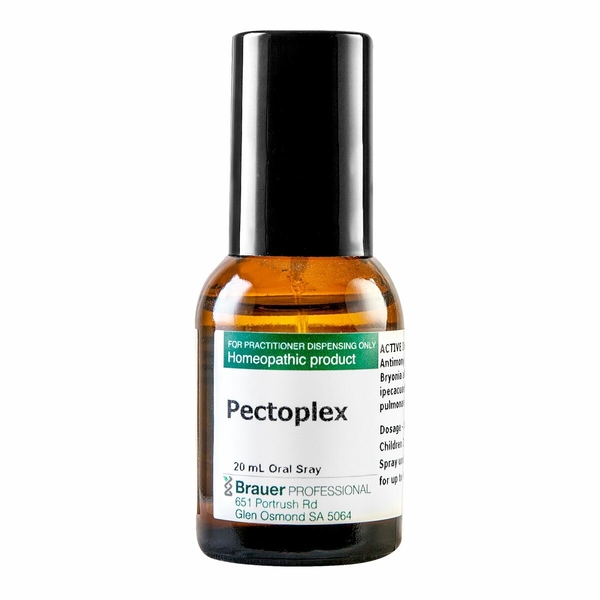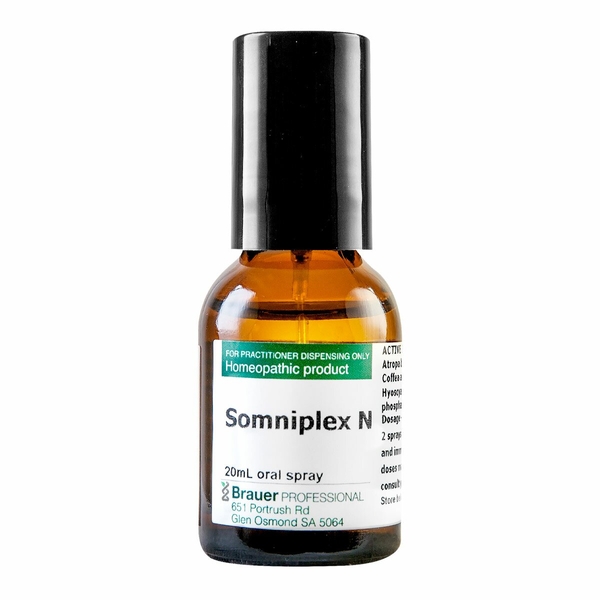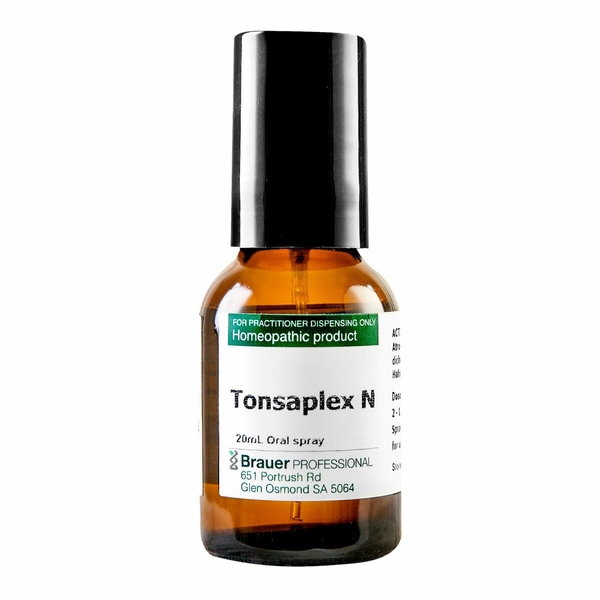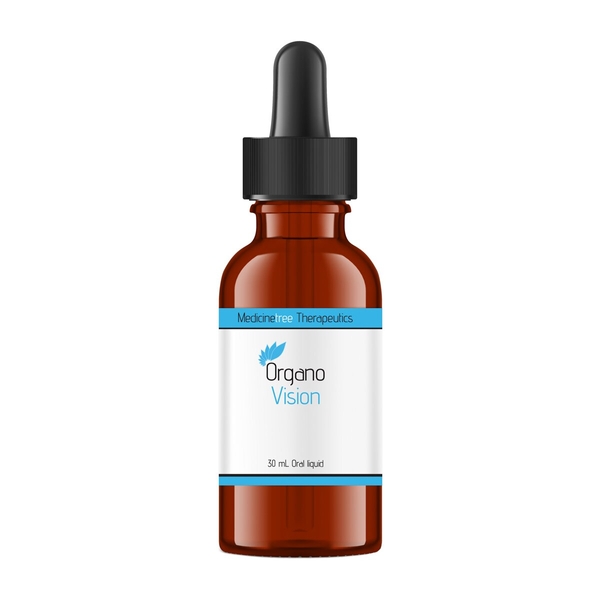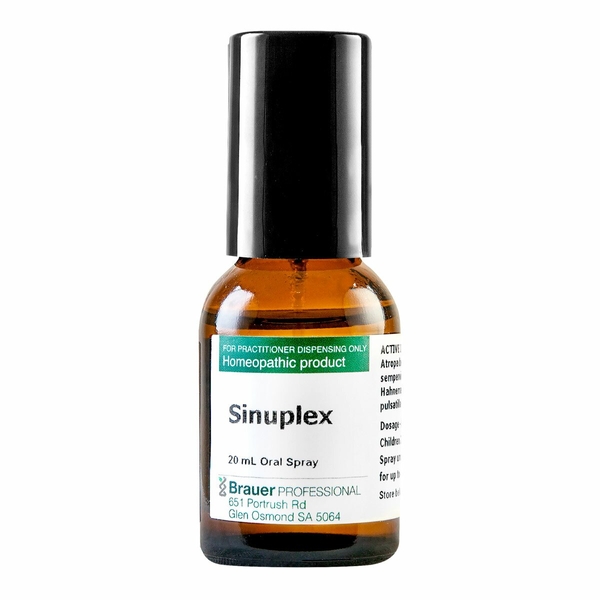
Belladonna
Scientific names: Atropa belladonna, Atropa acuminata
Family: Solanaceae
Alternate names: Belladona, Baccifère, Belladone, Belle-Dame, Belle-Galante, Bouton Noir, Cerise du Diable, Cerise Enragée, Cerise d'Espagne, Deadly Nightshade, Devil's Cherries, Devil's Herb, Divale, Dwale, Dwayberry, Grande Morelle, Great Morel, Guigne de la Côte, Herbe à la Mort, Herbe du Diable, Indian Belladonna, Morelle Furieuse, Naughty Man's Cherries, Poison Black Cherries, Suchi
Actions: Anticholinergic, Cardiovascular
Background
Belladonna (Atropa belladonna) is a plant that grows from Western Europe to the Himalayas. It’s also grown in the US. All parts of the plant are poisonous.
Belladonna has chemicals that can alter the function of the body's nervous system and cause changes to saliva, sweat, pupil size, urination, digestive functions, and others. Belladonna can also cause increased heart rate and blood pressure.
Despite known safety concerns, people use belladonna for asthma, the common cold, hemorrhoids, Parkinson disease, and many other conditions, but there is no good scientific evidence to support these uses.
Since 2010, the FDA has issued several warnings about homeopathic teething tablets and gels for infants that contain belladonna. Serious side effects including seizures, breathing problems, and agitation have been reported in infants taking these products, and some have died.
Belladonna has chemicals that can alter the function of the body's nervous system and cause changes to saliva, sweat, pupil size, urination, digestive functions, and others. Belladonna can also cause increased heart rate and blood pressure.
Despite known safety concerns, people use belladonna for asthma, the common cold, hemorrhoids, Parkinson disease, and many other conditions, but there is no good scientific evidence to support these uses.
Since 2010, the FDA has issued several warnings about homeopathic teething tablets and gels for infants that contain belladonna. Serious side effects including seizures, breathing problems, and agitation have been reported in infants taking these products, and some have died.
Safety Safety definitions
When taken by mouth: Belladonna is likely unsafe. It contains chemicals that can be poisonous even at low doses. Serious side effects might include blurred vision, fever, fast heartbeat, inability to urinate or sweat, hallucinations, spasms, mental problems, convulsions, coma, and others.
When applied to the skin: Belladonna is possibly unsafe. There isn't enough reliable information available to know if the poisonous chemicals in belladonna can be absorbed through the skin.
When given as a suppository (rectally): Belladonna is possibly unsafe. There isn't enough reliable information available to know if the poisonous chemicals in belladonna can be absorbed from the rectum.
Breast-feeding: Belladonna is likely unsafe when taken by mouth while breast-feeding. It can reduce milk production and also passes into breast milk.
Children: Belladonna is likely unsafe when taken by mouth. Consuming as few as 2 berries can be fatal in small children. Also, severe side effects and death have occurred in infants treated with homeopathic teething products containing belladonna.
Heart disease: Belladonna might cause rapid heartbeat and might make some heart conditions worse.
Down syndrome: People with Down syndrome might be extra-sensitive to the chemicals in belladonna and their harmful effects.
Gastrointestinal (GI) conditions: Belladonna might slow down the stomach and intestines, which could make some GI conditions worse.
Narrow-angle glaucoma: Belladonna might make narrow-angle glaucoma worse.
When applied to the skin: Belladonna is possibly unsafe. There isn't enough reliable information available to know if the poisonous chemicals in belladonna can be absorbed through the skin.
When given as a suppository (rectally): Belladonna is possibly unsafe. There isn't enough reliable information available to know if the poisonous chemicals in belladonna can be absorbed from the rectum.
Special Precautions & Warnings:
Pregnancy: Belladonna is likely unsafe when taken by mouth during pregnancy. It contains potentially toxic chemicals and has been linked to reports of serious side effects.Breast-feeding: Belladonna is likely unsafe when taken by mouth while breast-feeding. It can reduce milk production and also passes into breast milk.
Children: Belladonna is likely unsafe when taken by mouth. Consuming as few as 2 berries can be fatal in small children. Also, severe side effects and death have occurred in infants treated with homeopathic teething products containing belladonna.
Heart disease: Belladonna might cause rapid heartbeat and might make some heart conditions worse.
Down syndrome: People with Down syndrome might be extra-sensitive to the chemicals in belladonna and their harmful effects.
Gastrointestinal (GI) conditions: Belladonna might slow down the stomach and intestines, which could make some GI conditions worse.
Narrow-angle glaucoma: Belladonna might make narrow-angle glaucoma worse.
Effectiveness
Effective Effectiveness definitions
There is interest in using belladonna for a number of purposes, but there isn't enough reliable information to say whether it might be helpful.
Dosing & administration
Despite known safety concerns, belladonna is found in some herbal supplements and homeopathic products. The FDA has issued several warnings about homeopathic teething tablets and gels for infants that contain belladonna. Taking belladonna is unsafe and can cause serious side effects.
Interactions with pharmaceuticals
Cisapride (Propulsid)
Interaction Rating=Moderate Be cautious with this combination.
Belladonna contains atropine. Atropine can reduce the effects of cisapride. Taking belladonna with cisapride might reduce the effects of cisapride.
Drying medications (Anticholinergic drugs)
Interaction Rating=Moderate Be cautious with this combination.
Belladonna can block a chemical in the body called acetylcholine, which has many important functions. Some medications, called anticholinergic drugs, also block acetylcholine. There is some concern that taking them together might increase the risk for confusion, blurred vision, increased sweating, and increased heart rate.
Interactions with herbs & supplements
There are no known interactions with herbs and supplements.
Interactions with foods
There are no known interactions with foods.
Products
View all productsPractitioner product
Per tablet:
- Atropa belladonna
- Argentum nitricum
- Hydrastis canadensis
- Mucosa coli suis
- Mucosa ductus choledochi suis
- Mucosa duodeni suis
- Mucosa ilei suis
- Mucosa jejuni suis
- Mucosa nasalis suis
- Mucosa oculi suis
- Mucosa oesphagi suis
- Mucosa oris suis
- Mucosa pulmonis suis
- Mucosa pylori suis
- Mucosa recti suis
- Mucosa vesicae felleae suis
- Mucosa vesicae urinariae suis
- Nux vomica
- Pancreas suis
- Pulsatilla
- Anacardium orientale
- Ceanothus americanus
- Condurango
- Ipecacuanha
- Kalium bichromicum
- Kreosotum
- Lachesis mutus
- Mandragora
- Momordica balsamina
- Oxalis acetosella
- Phosphorus
- Ventriculus suis
- Sulphur
- Veratrum album
Practitioner product
Per tablet:
Practitioner product
Per 1 mL:
- Atropa belladonna
- Bryonia alba
- Kalium bichromicum
- Rumex crispus
- Sanguinaria canadensis
- Spongia tosta
- Aconitum napellus (Aconite)
- Hyoscyamus niger
- Phosphorus
RRP: $23.99$19.20Save: 20%
Create account
Practitioner product
Per serve:
- Atropa belladonna
- Apis mellifica
- Bryonia alba
- Hepar sulphuricum
- Kalium bichromicum
- Lachesis mutus
- Mercurius solubilis (Merc sol)
- Ferrum phosphoricum
- Calcium iodide
- Infected tonsils
- Ceftazidime
Practitioner product
Per 0.52 ml:
- Atropa belladonna
- Bryonia alba
- Echinacea angustifolia
- Ferrous phosphate (Iron)
- Bee
- Baptisia tinctoria
- Mercurius solubilis Hahnemanni
- Pyrogenium
- Arsenic trioxide
- Gold
Practitioner product
Per 1 g:
- Atropa belladonna
- Aconitum napellus (Aconite)
- Chamomilla
- Citrullus colocynthis
- Kreosotum
- Mercurius solubilis Hahnemanni
- Strychnos nux-vomica (Strychnine tree)
- Colloidal anhydrous silica
- Actaea spicata
RRP: $17.85$14.28Save: 20%
Create account
Practitioner product
Per 0.52 mL:
- Atropa belladonna
- Antimony potassium tartrate trihydrate (Ant tart)
- Bryonia alba
- Drosera
- Rumex crispus
- Aconitum napellus (Aconite)
- Ipecacuanha
- Anemone pulsatilla (Pasque flower)
- Sticta pulmonaria
Practitioner product
Practitioner product
Per 0.52 mL:
- Atropa belladonna
- Ferrous phosphate (Iron)
- Phytolacca americana (Pokeweed)
- Potassium dichromate
- Bushmaster snake
- Mercurius solubilis Hahnemanni
- Bee
Practitioner product
Per serve:
- Atropa belladonna
- Euphrasia
- Hamamelis virginiana (Witch hazel)
- Aesculus hippocastanum (Horsechestnut)
- Porcine lachrymal glands
- Porcine lens
- Porcine optic nerve
- Ruta graveolens
Practitioner product
Per 0.52 ml:
- Atropa belladonna
- Euphrasia
- Mercurius solubilis Hahnemanni
- Sodium chloride
- Allium cepa (Onion)
- Gelsemium sempervirens
- Potassium dichromate
- Potassium iodide
- Anemone pulsatilla (Pasque flower)
- Calcium sulphate (Calc sulph)
- Sambucus nigra (Elderberry)
- Schoenocaulon officinale
Practitioner product
vital.ly has licensed monographs from TRC Healthcare.
This monograph was last reviewed on 17/12/2024 11:00:00 and last updated on 12/11/2014 18:00:05. Monographs are reviewed and/or updated multiple times per month and at least once per year.
Natural Medicines disclaims any responsibility related to medical consequences of using any medical product. Effort is made to ensure that the information contained in this monograph is accurate at the time it was published. Consumers and medical professionals who consult this monograph are cautioned that any medical or product related decision is the sole responsibility of the consumer and/or the health care professional. A legal License Agreement sets limitations on downloading, storing, or printing content from this Database. No reproduction of this monograph or any content from this Database is permitted without written permission from the publisher. It is unlawful to download, store, or distribute content from this site.

